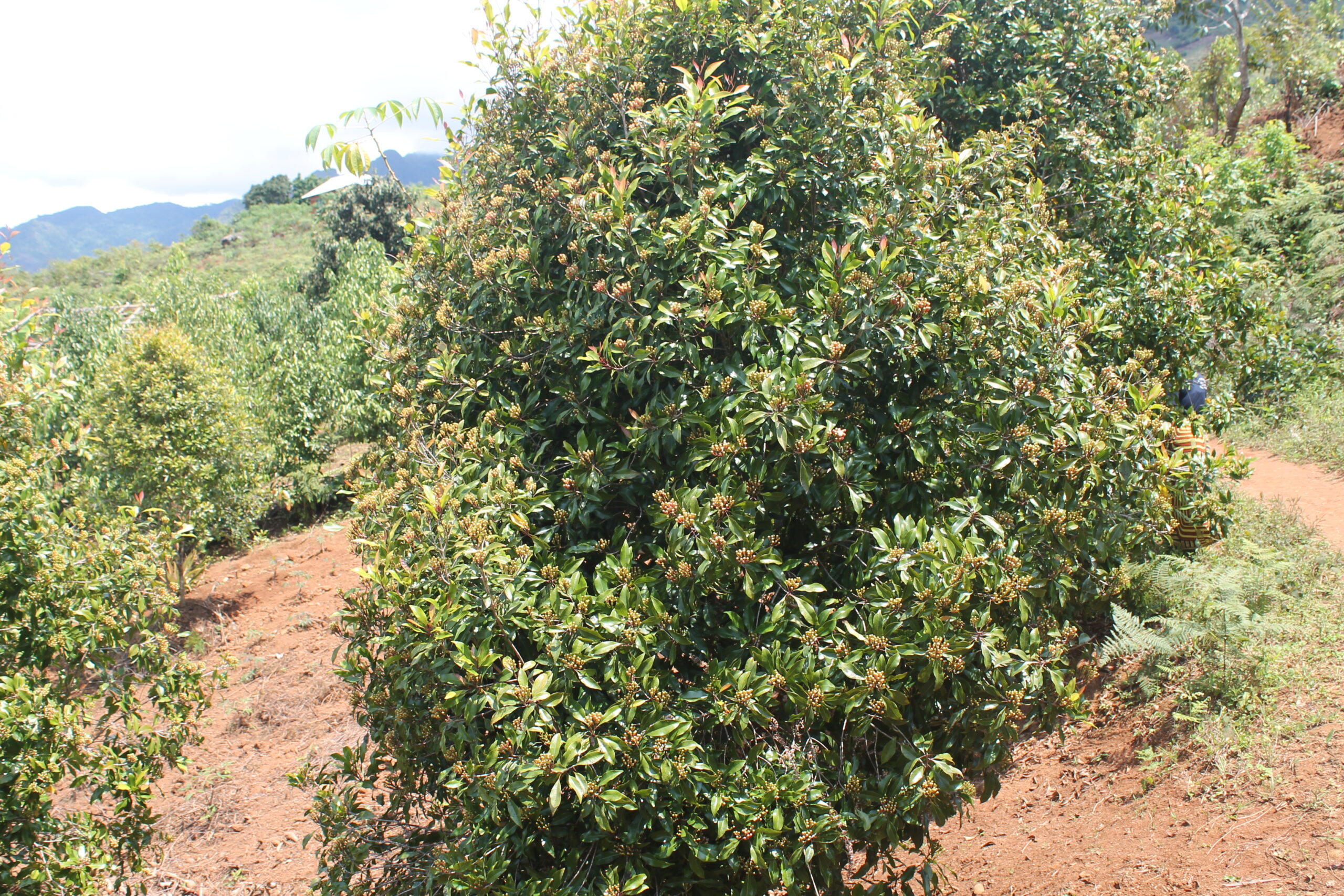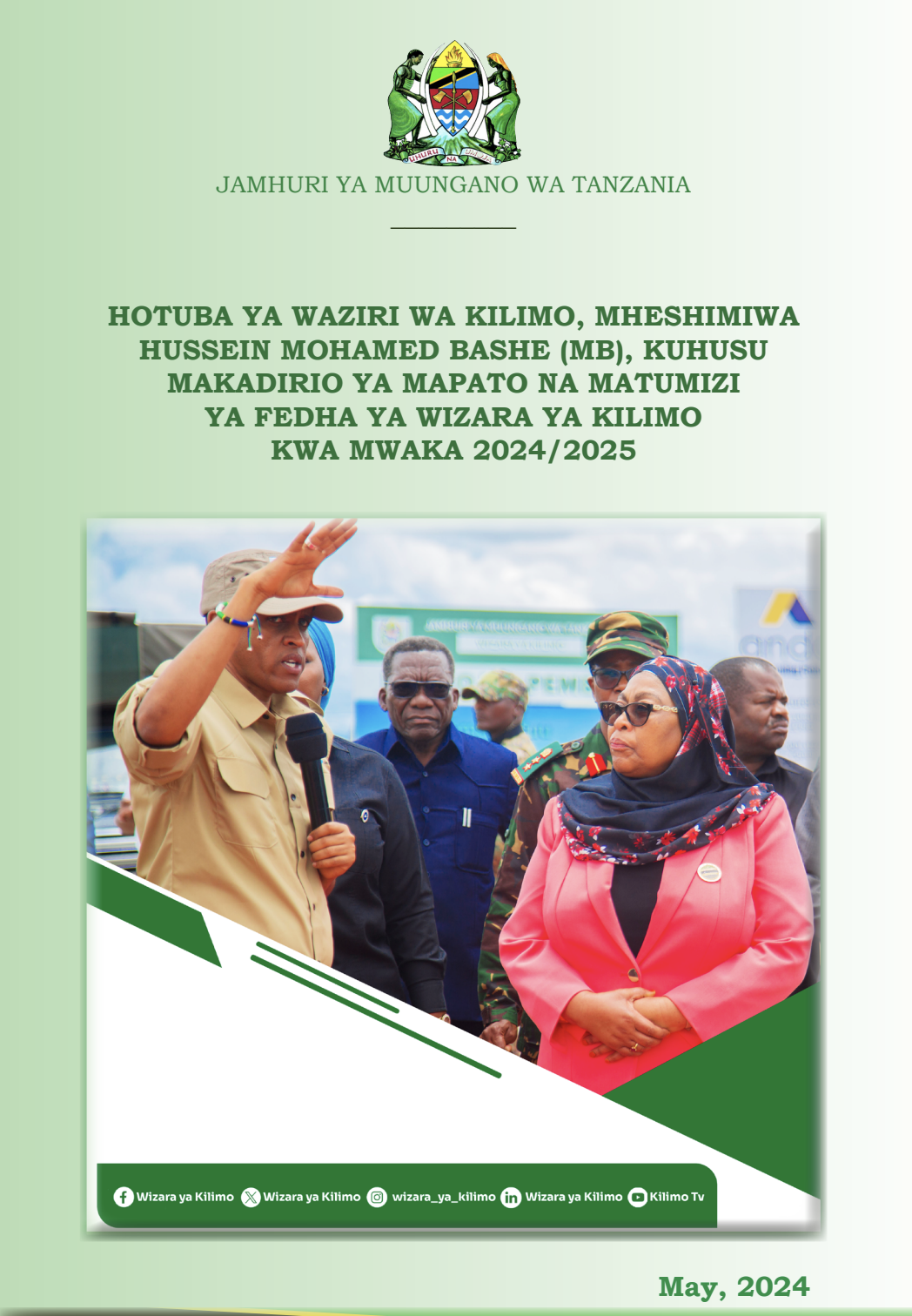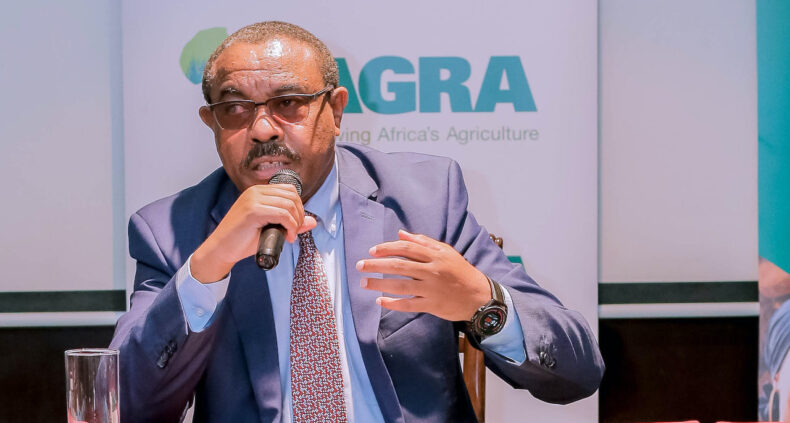New Online Dashboard Brings Transparency to Climate Finance; Gives Open Access to Funding Data for Indigenous Peoples, Local Communities, and Afrodescendant Peoples’ Tenure Rights and Forest Guardianship
kilimokwanza.org Reporter
In an era where climate change poses a formidable challenge to global biodiversity and the well-being of Indigenous Peoples (IP), local communities (LC), and Afro-descendant Peoples (ADP), a revolutionary tool has been introduced to ensure transparency and efficiency in climate finance. The Path to Scale dashboard, a novel open-source online platform, was launched on April 10, 2024, in Washington, D.C. This groundbreaking initiative is aimed at providing easy access to comprehensive data regarding donor funding dedicated to the tenure rights and forest guardianship of these crucial communities.
Developed collaboratively by the Rights and Resources Initiative (RRI) and Rainforest Foundation Norway (RFN), the Path to Scale dashboard emerges as the inaugural public repository offering such a wealth of information. It is designed to assist donors, non-governmental organizations (NGOs), and rightsholders themselves in pinpointing vital funding disparities and opportunities in the global crusade to secure community rights and address the climate and biodiversity crises.
The significance of this tool is underscored by the release of the “State of Funding for Tenure Rights and Forest Guardianship,” a brief that scrutinizes the dashboard’s data and the main funding trends since 2020. Remarkably, annual allocations for IP, LC, and ADP tenure and forest guardianship have averaged $517 million globally between 2020 and 2023, marking a 36 percent increase from the preceding four years. Despite this encouraging trend, a concerning gap has been identified: there is scant evidence of a systematic enhancement in direct donor funding to the organizations of rightsholders themselves.
The dashboard not only illuminates the current landscape of climate finance but also champions the urgent need for more direct funding to community-led projects. The existence of various rightsholder-led funding mechanisms, like the Mesoamerican Territorial Fund and Podaali Fund, underscores the burgeoning demand for such resources. However, these initiatives have yet to see substantial disbursement of funds, highlighting a crucial area for improvement.
Dr. Solange Bandiaky-Badji, RRI’s Coordinator and President, emphasized the dashboard’s role in fostering accountability and ensuring that resources designated for communities are effectively utilized. The tool is lauded for its potential to facilitate more impactful collaborations between donors and communities by bypassing intermediaries.
The dashboard and its accompanying brief shed light on the complex terrain of public overseas development aid and private funding for IP, LC, and ADP tenure and forest guardianship. It reveals a diverse funding environment, where both rights-based and general conservation donors are active. Yet, the emphasis on securing tenure rights specifically appears to lag behind other conservation and development objectives.
Prominent figures, including Rukka Sombolinggi of the Indigenous Peoples Alliance of the Archipelago and Kevin Currey of the Ford Foundation, have expressed optimism about the dashboard’s capacity to enhance donor coordination, transparency, and the direct funding flow to rightsholders. This tool is not just a repository of data; it’s a beacon of hope for empowering communities to play a pivotal role in conserving ecosystems and combating climate change.


